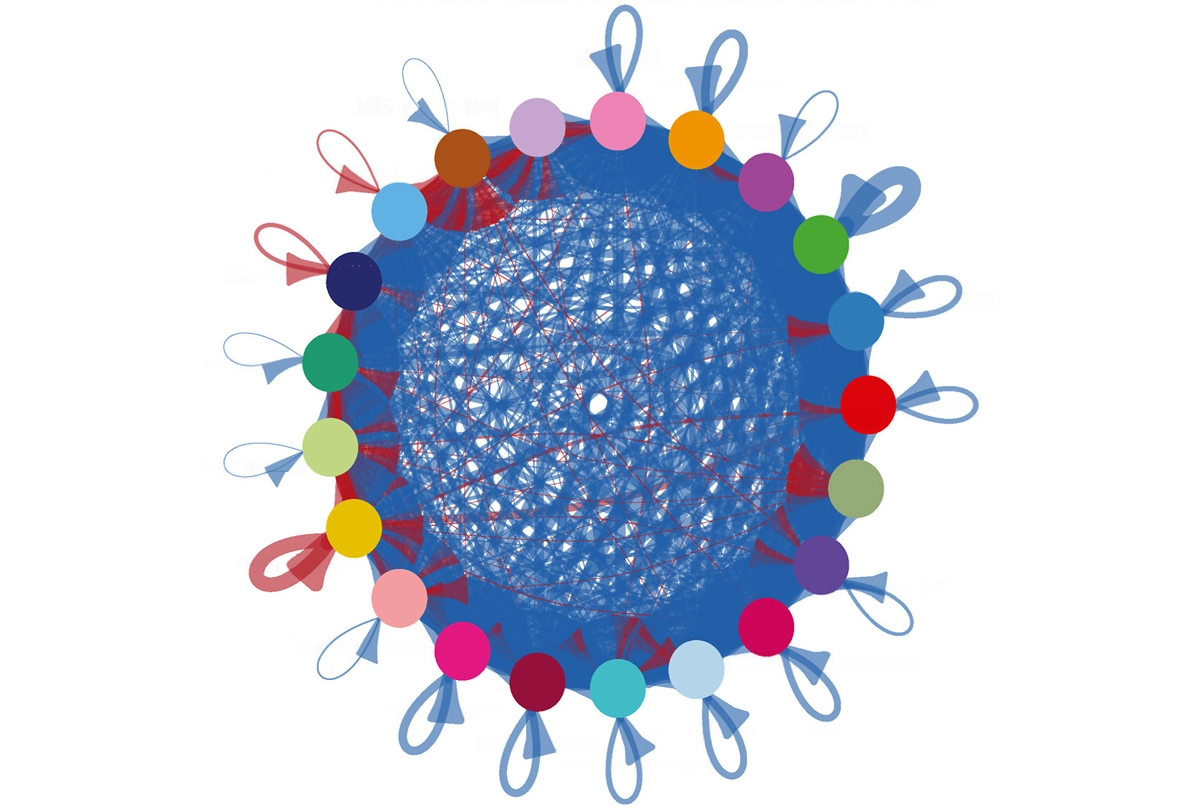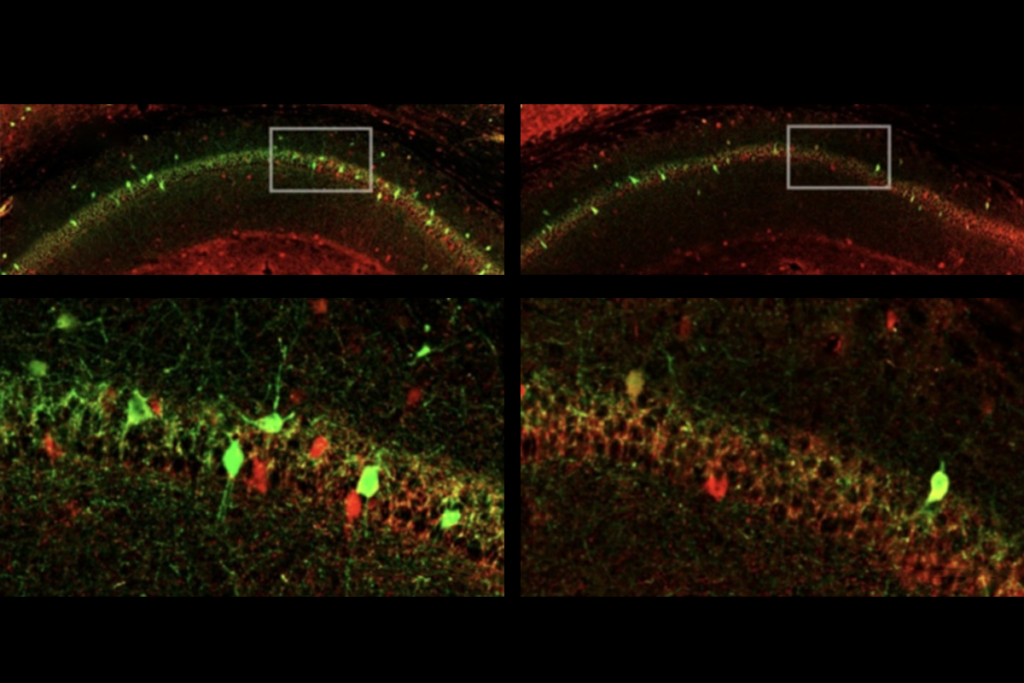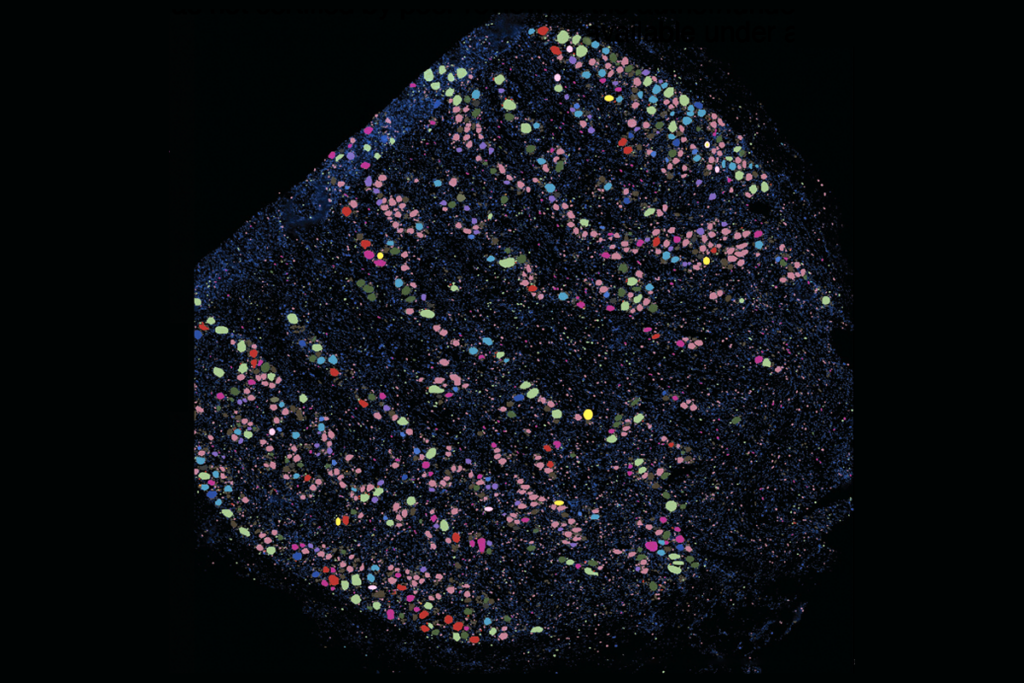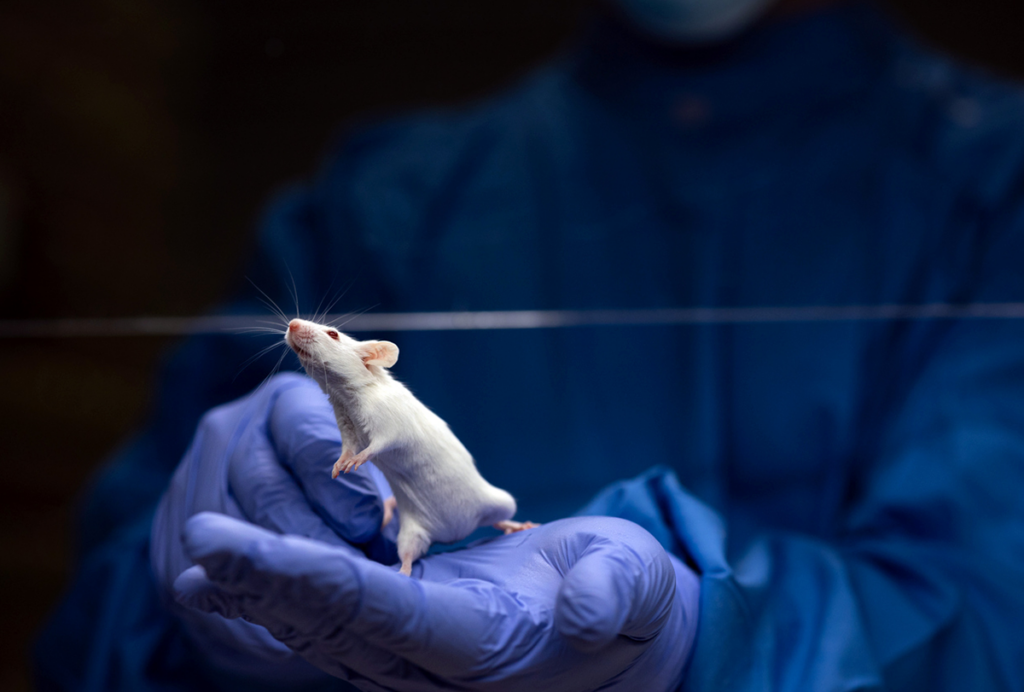- The autism-linked gene CHD8 regulates the expression of thousands of genes involved in the development of neurons, brain structures, cilia and the extracellular matrix, according to a study in cerebral organoids. Heliyon
- Variants of the TRIO gene, which are associated with autism, schizophrenia and intellectual disability, lead to altered synaptic structure and function in mice, according to a preprint. Spectrum has previously reported on TRIO mutations in autism. bioRxiv
- Autistic people are more likely than non-autistic people to have functional somatic or motor disorders, according to a review of studies. Autism
CHD8 gene; minority participation in research; machine-learning autism screen
Here is a roundup of autism-related news and research spotted around the web for the week of 26 August.
By
Jill Adams
27 August 2024 | 2 min read

Lost connections: Most cell-to-cell communications in cerebral organoids are weakened (blue lines within the central circle) when the autism-linked gene CHD8 is knocked out, and only a few are strengthened (red lines).
- Black Americans, Asian Americans and Pacific Islanders are generally motivated to participate in autism research to advance knowledge, but differing beliefs about autism can serve as a barrier to such engagement. Journal of Community Genetics
- Glutathione levels in the frontal and occipital lobes are similar in autistic and non-autistic adults, suggesting that oxidative stress is not a biomarker for the condition. PLOS One
- A machine-learning model applied to 28 medical screening and history items in children under 2 years old appears to be a sensitive and specific predictor of autism traits and cognitive function. JAMA Network Open
- The U.S. Food and Drug Administration has designated NGN-401 gene therapy as a regenerative medicine advanced therapy, which allows a speedier development path for the treatment. Rett Syndrome News
tags:
Recommended reading

Plumbing the link between anti-CASPR2 antibodies and autism; and more
By
Jill Adams
2 December 2025 | 1 min read
Explore more from The Transmitter

‘Unprecedented’ dorsal root ganglion atlas captures 22 types of human sensory neurons
By
Calli McMurray
23 December 2025 | 5 min read

Not playing around: Why neuroscience needs toy models
By
Marcus Ghosh
22 December 2025 | 6 min read

Psychedelics research in rodents has a behavior problem
By
Calli McMurray
19 December 2025 | 8 min read
Cite this article:

